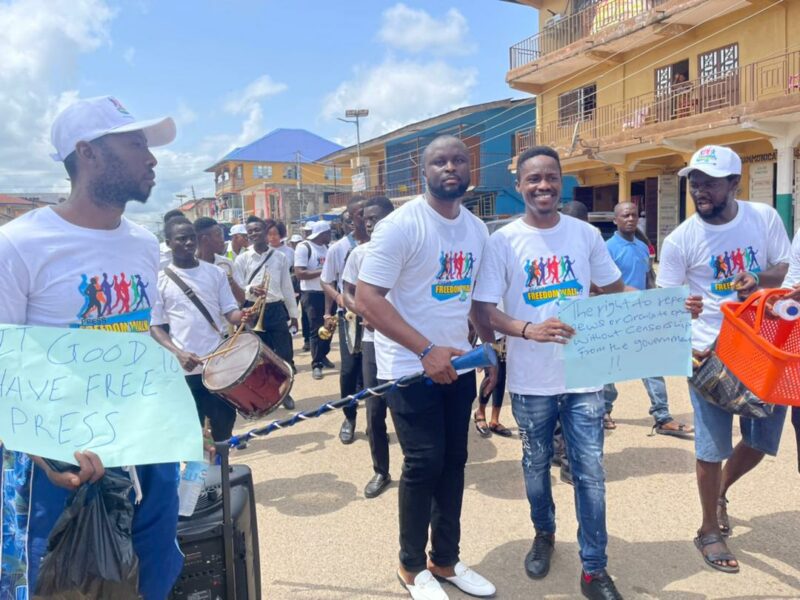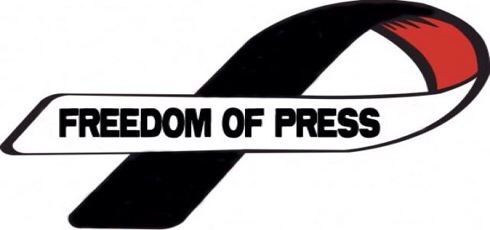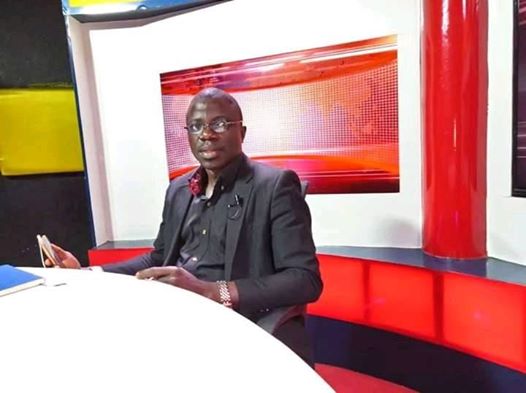Somalia and the future
Twenty-five or so journalists from across Africa have ended a two-day conference in Mombasa, Kenya organized by AMISOM (African Mission in Somalia). The journalists were drawn from what is referred to as troops contributing countries, namely, Uganda and Burundi and the rest from potential troops contributing countries such as Ghana, Nigeria, Sierra Leone, Guinea-Conakry, among others.
The key objective of the conference was to provide an interactive forum between AMISOM and media practitioners in Africa to better appreciate the magnitude of the unending crisis in Somalia.
But beyond that, the organizers aimed at enhancing participants’ the knowledge and understanding of the mandate, activities and achievements of AMISOM in that war ravaged country and to further foster and consolidate healthy working relationship between AMISOM and media practitioners from troops contributing countries as well as potential troops contributing countries.
In the definition of AMISOM, potential troops contributing countries (PTCC) are those countries that have shown the willingness to commit their soldiers in the liberation of Somalia but are yet to do so for various reasons, such as Nigeria.
It must be said at this stage that journalists in Somalia have had terrible experiences while reporting from that country. In recent years, journalists have been working under condition of ‘fear, corruption and distorted competitiveness’. While many have been killed, supposedly for not supporting the Al-Shabaab movement, many others have fled the country.
This state of affairs resulted in having untrained and unskilled journalists who played into the hands of the Al- Shabaab militants by producing reports that were read and accepted as true by the local as well as international community. This did not help matters for AMISOM as it greatly affected its humanitarian efforts.
Sierra Leone happens to be represented at the conference for some obvious reasons. Like Somalia, Sierra Leone has had a protracted and bloody civil war that had untold consequences on the population. Troops from other countries, principally from the Western African sub-region helped put down the rebellion with support from the international community.
At a time like this when Sierra Leone is now enjoying her own peace through the efforts of other countries, it will not be much of a soul searching for us to reciprocate in like manner.
Presently, only two countries in Africa have volunteered their fighting men and women to serve in that war torn East African country. These are Uganda and Burundi. The rest of the world sat and watched while Somalis die like flies in their home land. Humanitarian assistance has been too little and often too late in coming. It is sad to note that the Somali war has been treated purely as an African dilemma and the West have kept their distance and would rather describe that country as a failed state under the spell of Al-Qaeda terrorists.
In the giving circumstances, some one might be tempted to ask, what is Sierra Leone waiting before it can contribute her own men and women to help salvage other fellow Africans who are in dire need of assistance?
As a nation we have done it for Darfur in Sudan. What about Somalia?
AMISON had brought the journalists together from the different African countries to conscientise them in the belief that they will inspire their people back home to have a second thought over the plight of the Somalis.
The media have a responsibility to advocate to policy makers in their respective countries for them to initiate action leading to their countries’ participation in ending the conflict in Somalia.
Is it not about time for Africa and the rest of the world to free Somalia from all the rubbery, killings and etc? , and for me, I think the time has come and we must act now!
Stay with Sierra Express Media, for your trusted place in news!
© 2011, https:. All rights reserved.






